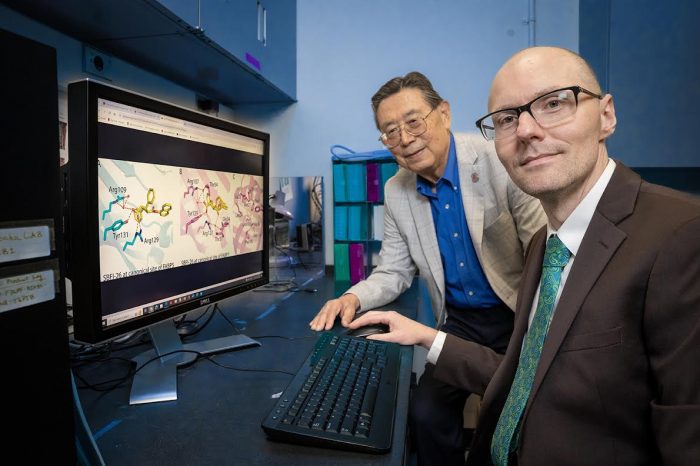A non-opioid investigational drug with promising pre-clinical results in treating neuropathic pain has passed an important hurdle after the study’s safety review committee (SRC) reviewed the data from initial volunteers and recommended to progress into the next dose level in a first-in-human clinical trial.The drug, ART26.12, is being developed by Artelo Biosciences, Inc, based in Solana Beach, Calif.
The compound was discovered and initially developed by Stony Brook University’s Iwao Ojima, PhD, and Martin Kaczocha, PhD. The technology is based on a class of fatty acid binding proteins (FABPs) inhibitors, including what is now ART26.12, and was licensed to Artelo in 2018 by the Research Foundation for the State University of New York.
Neuropathic pain is estimated to affect about eight percent of the U.S. population, which translates to approximately 20 million people. ART26.12 is being developed specifically for chemotherapy-induced peripheral neuropathy, which remains a serious adverse problem for patients during cancer therapy and post therapy.
Dr. Ojima and colleagues selected FABPs as drug targets of the body’s endocannabinoid system to modulate lipids within the cell for a potentially promising way to treat pain, inflammation and cancer. According to Artelo, ART26.12 is the lead compound in Artelo’s proprietary FABP platform and is believed to be the first-ever selective FABP5 inhibitor (5 indicates a specific protein) to enter clinical trials.
The SRC completed its initial clinical safety review of ART26.12 in early January for the first cohort of eight volunteers. With that, the phase 1 clinical trial of this drug will advance to the next step, which will include more subjects and an evaluation of higher doses of the investigational drug.
Artelo says that other potential indications with the lead compound and other FABP5s in development include treatments related to cancer, osteoarthritis, psoriasis and anxiety.
Dr. Ojima, SUNY Distinguished Professor in the Department of Chemistry at Stony Brook University, and Director of the Institute of Chemical Biology and Drug Discovery, and Dr. Kaczocha, Associate Professor in the Department of Anesthesia in the Renaissance School of Medicine, led the Stony Brook team in its work developing inhibitors to various FABPs.
They continue to consult with Artelo regarding the advancement of these compounds in clinical trials.
For more about the FABP inhibitor story, see this 2024 press release. For more about Artelo’s successful completion of the first cohort in the phase 1 study of ART26.12, see this press release.






